ISLAMABAD: Pakistan has agreed to extend the ongoing dialogue process with Afghanistan in Istanbul following a request from the host country, Türkiye, well-placed sources confirmed to Pakistan TV Digital on Thursday.
The talks will resume at 2pm Pakistan Time, according to sources.
"It was decided to resume the dialogue process to give peace another chance," sources said.
The talks will focus on Pakistan’s central demand that Afghanistan take clear, verifiable and effective action against terrorists, the sources added.
Pakistan has once again stressed that Afghan territory must not be used for terrorism against it.
The sources appreciated the constructive role of the hosts and reaffirmed Pakistan’s commitment to pursuing a peaceful resolution through dialogue in good faith.
Background
The four-day high-level security talks between the two South Asian nations in Istanbul had ended on Tuesday without an agreement after the Afghan delegation “declined to accept verifiable measures” against the banned Tehreek-e-Taliban Pakistan (TTP).
“The Afghan side did not sign the final draft despite multiple near-agreements,” a senior security source added.
Pakistan presented evidence and proposed enforcement steps to curb cross-border attacks, but Kabul “avoided concrete commitments,” another source said. Mediators from Qatar and Türkiye facilitated the discussions.
On Oct. 17, the two countries had agreed to a 48-hour ceasefire in Doha, the capital city of Qatar, and for a second round of talks in Istanbul.
Islamabad has repeatedly urged the Afghan Taliban leadership to act against the proscribed TTP and the Balochistan Liberation Army (BLA), saying both groups operate from sanctuaries inside Afghanistan. Officials note that commitments made under the Doha Agreement have not been fully implemented.
Earlier, Information Minister Ataullah Tarar said Pakistan joined the Doha and Istanbul rounds “to give peace a chance” at the request of Qatar and Türkiye. However, he said, the Afghan side resorted to “blame, deflection, and excuses,” leaving the dialogue fruitless.
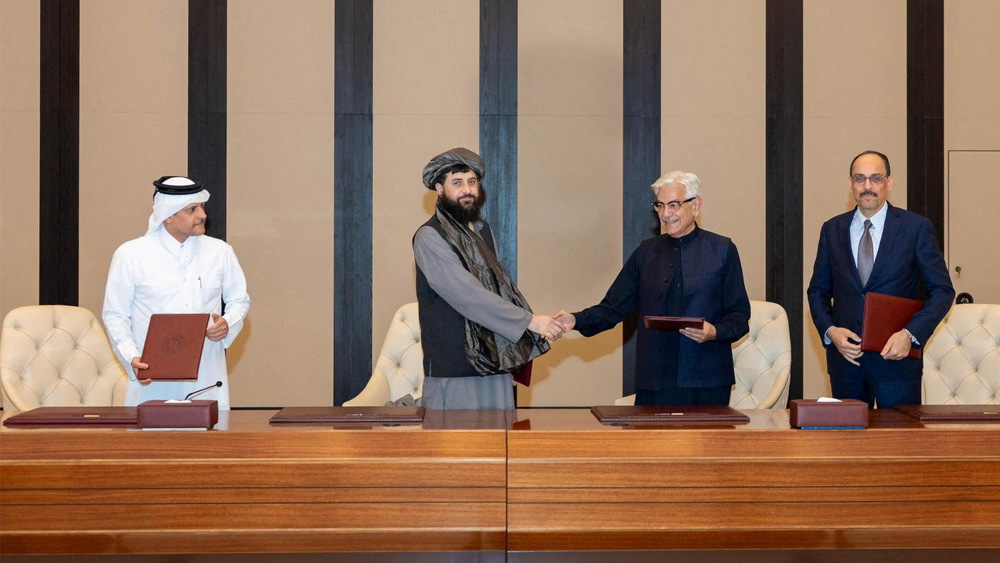
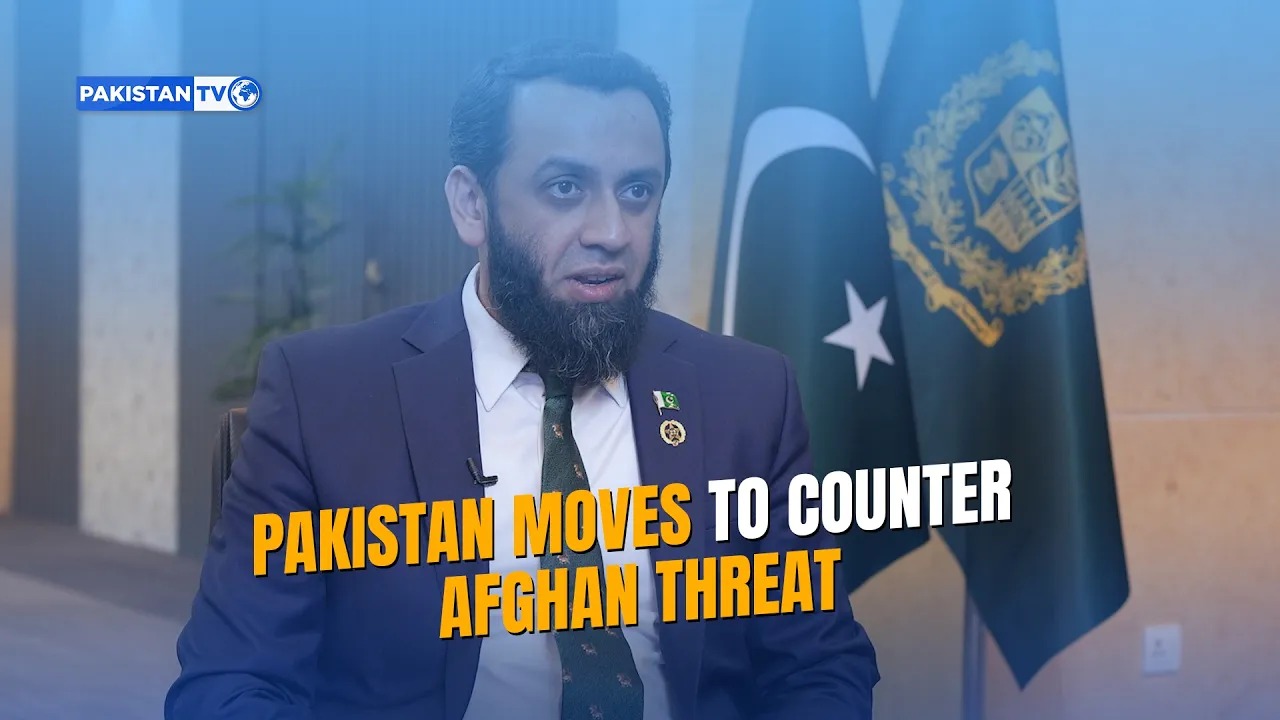

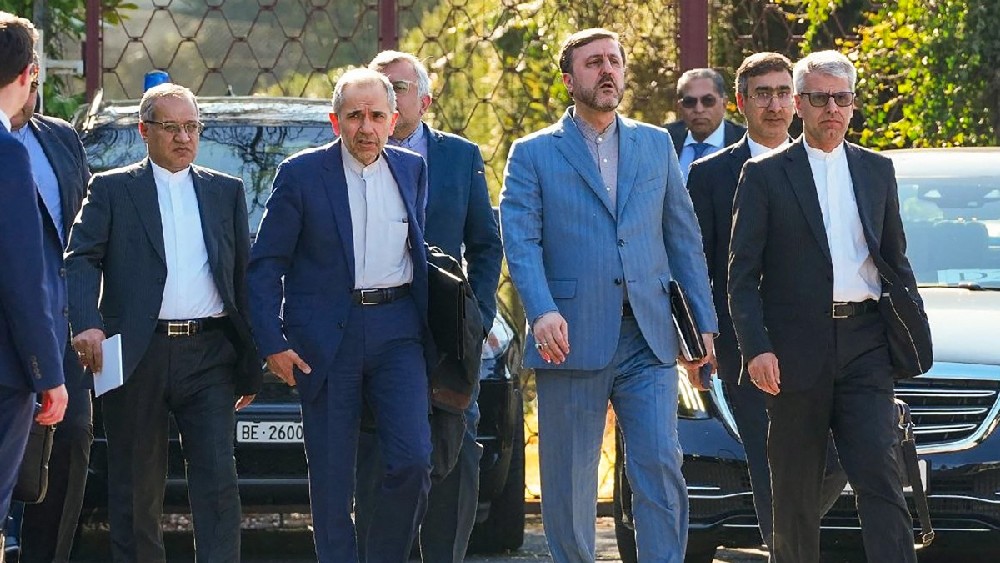
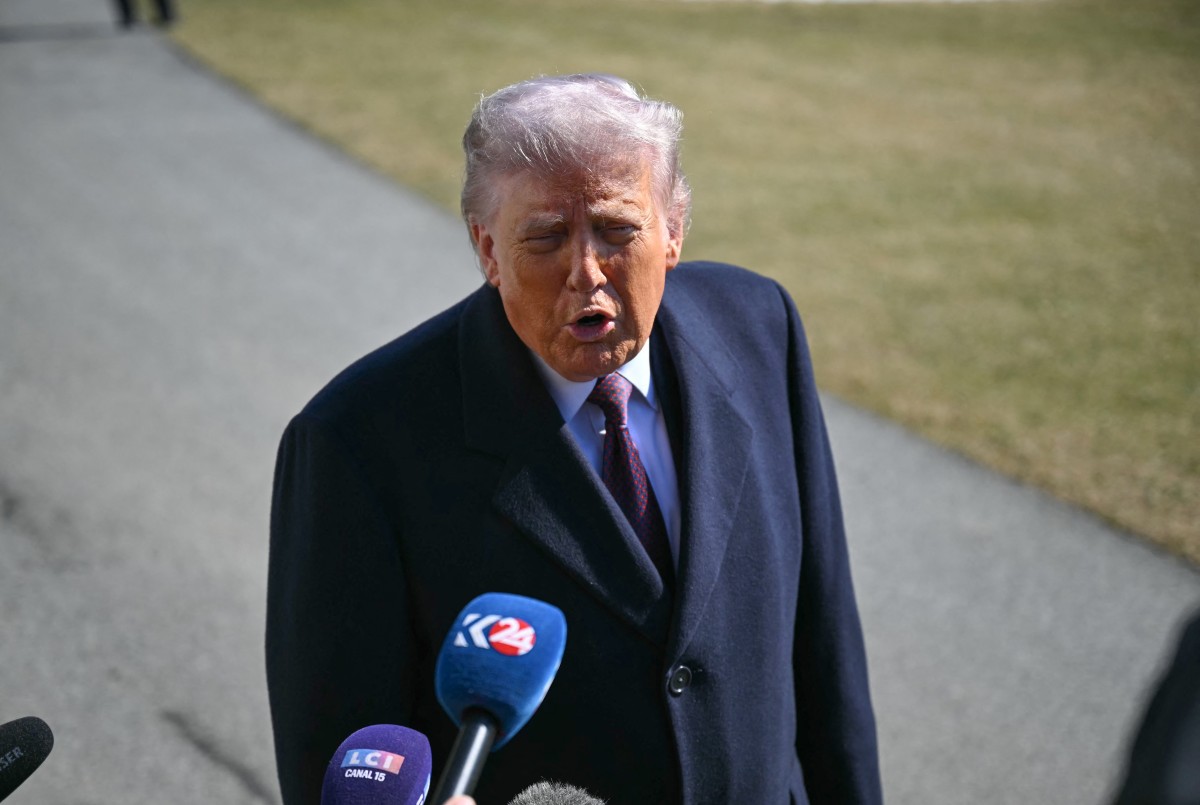
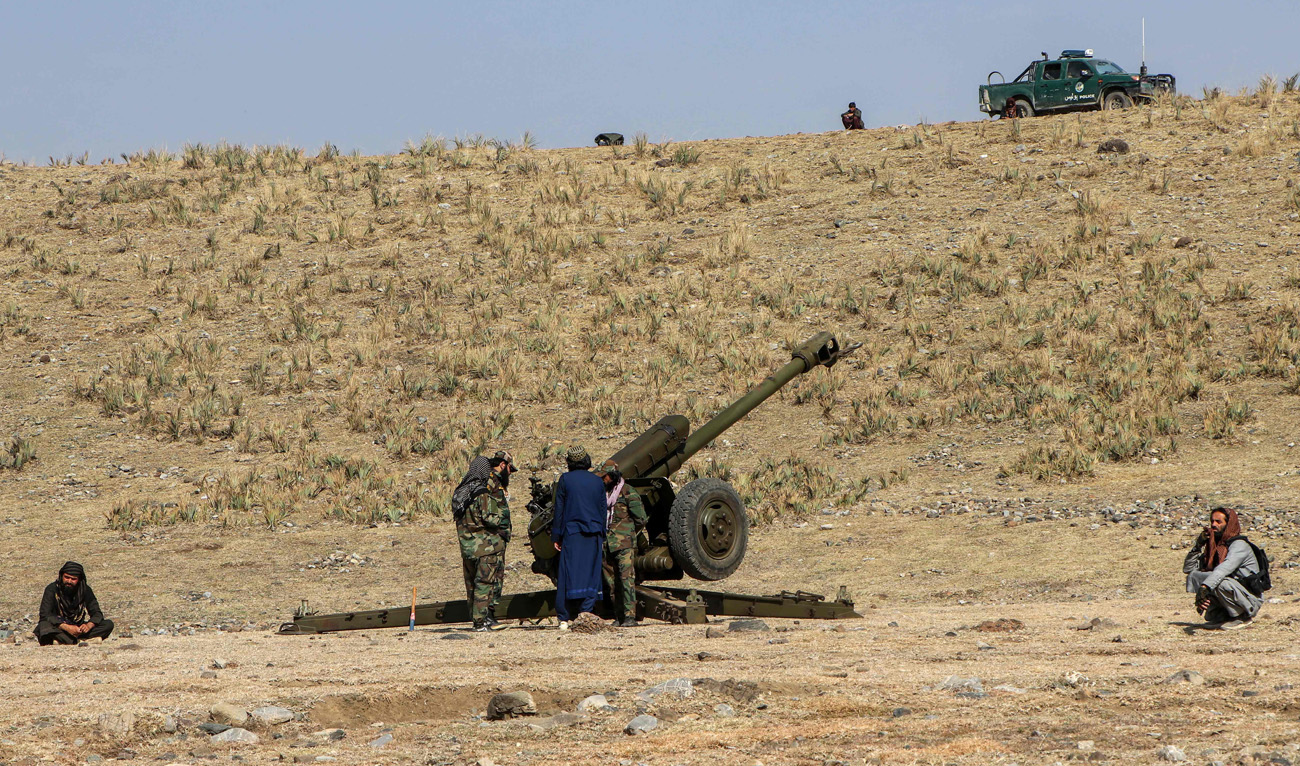
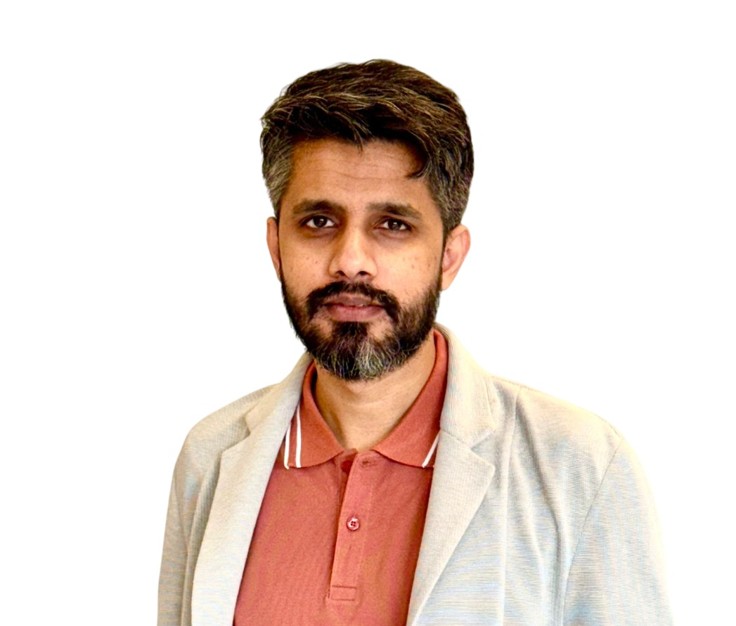
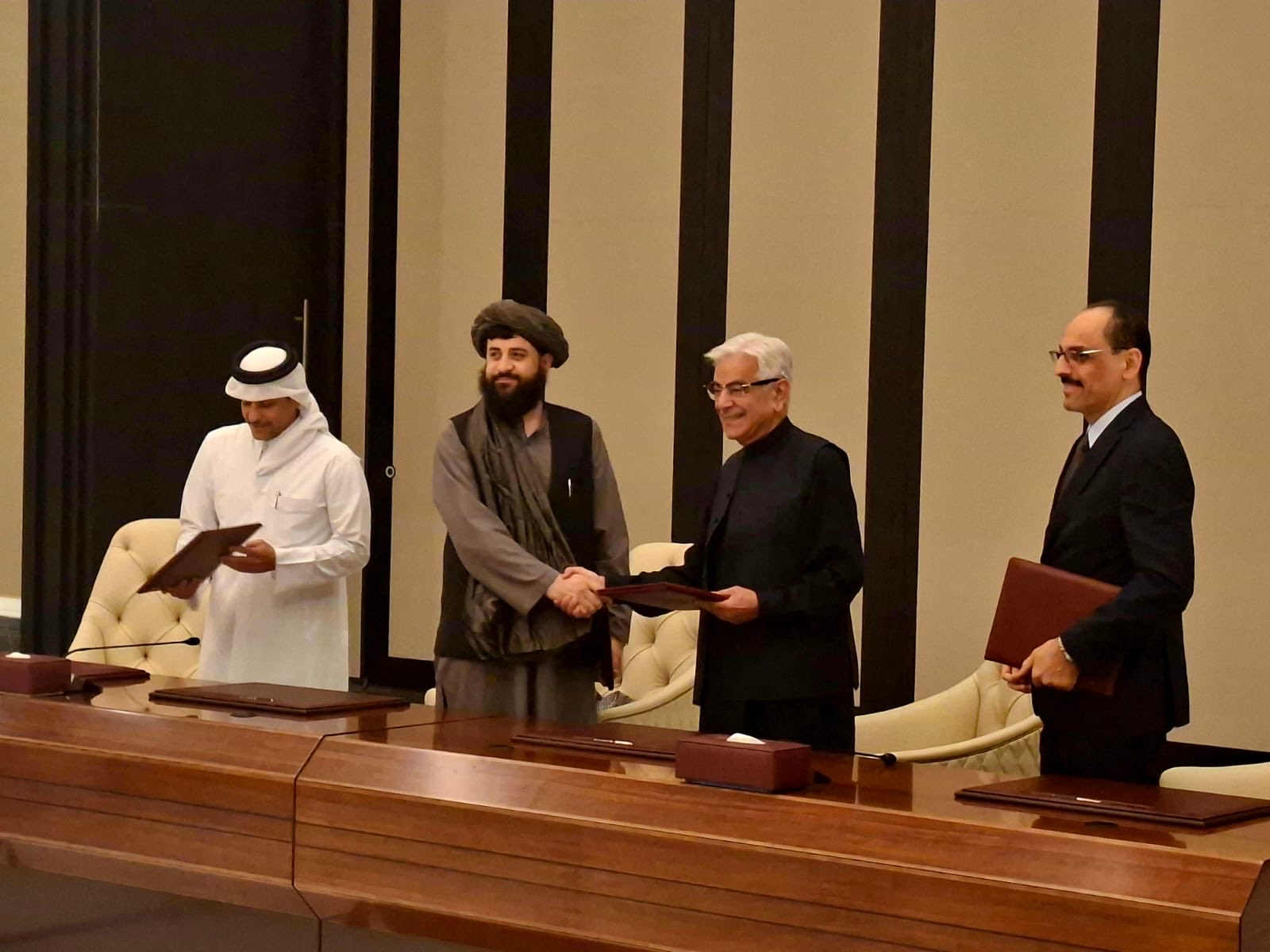
.jpg)